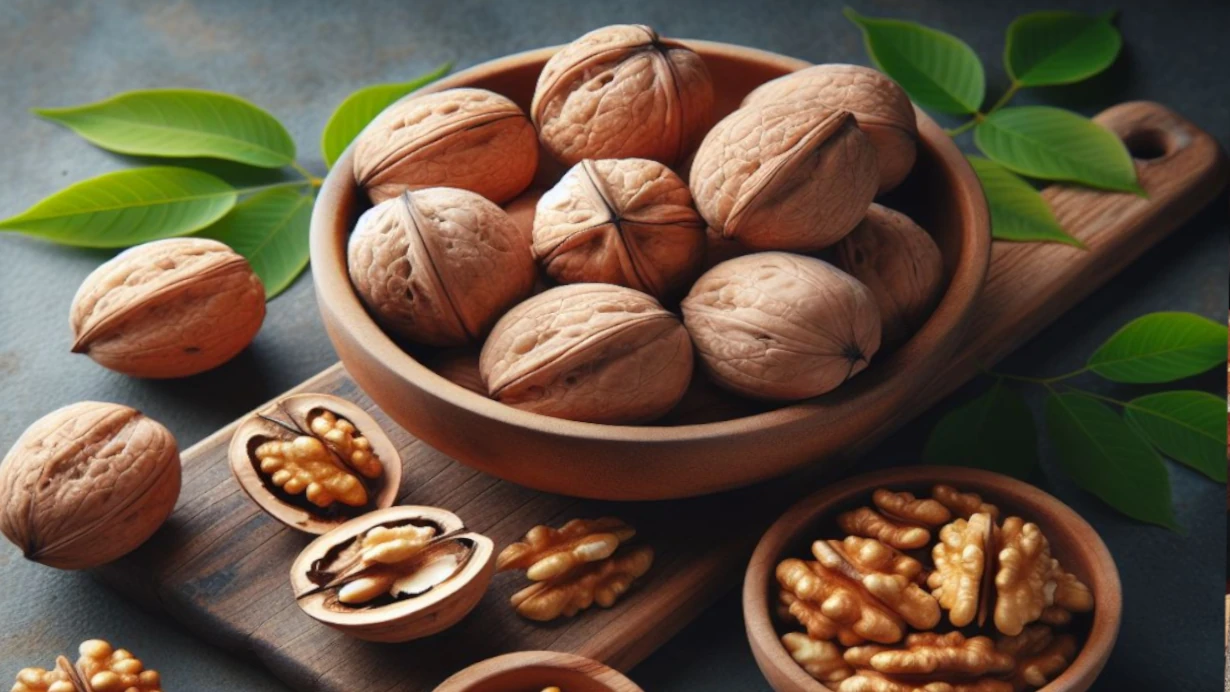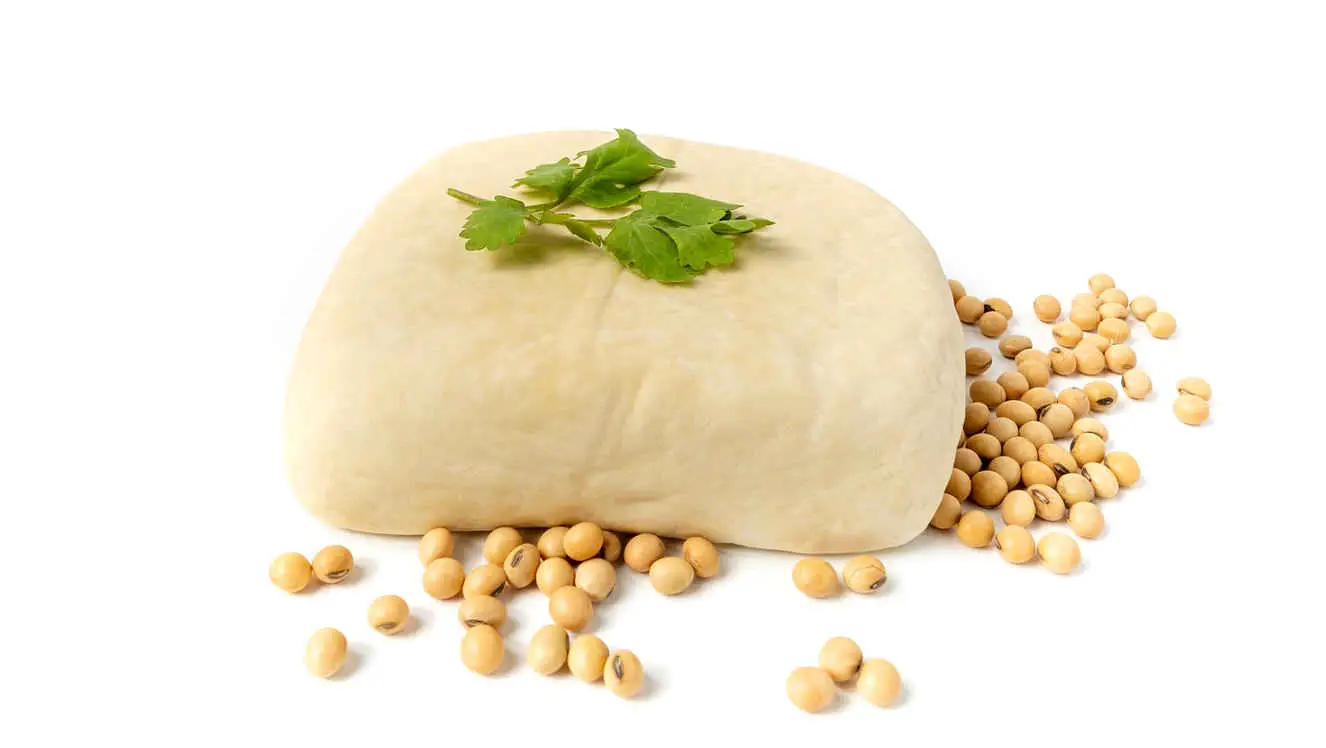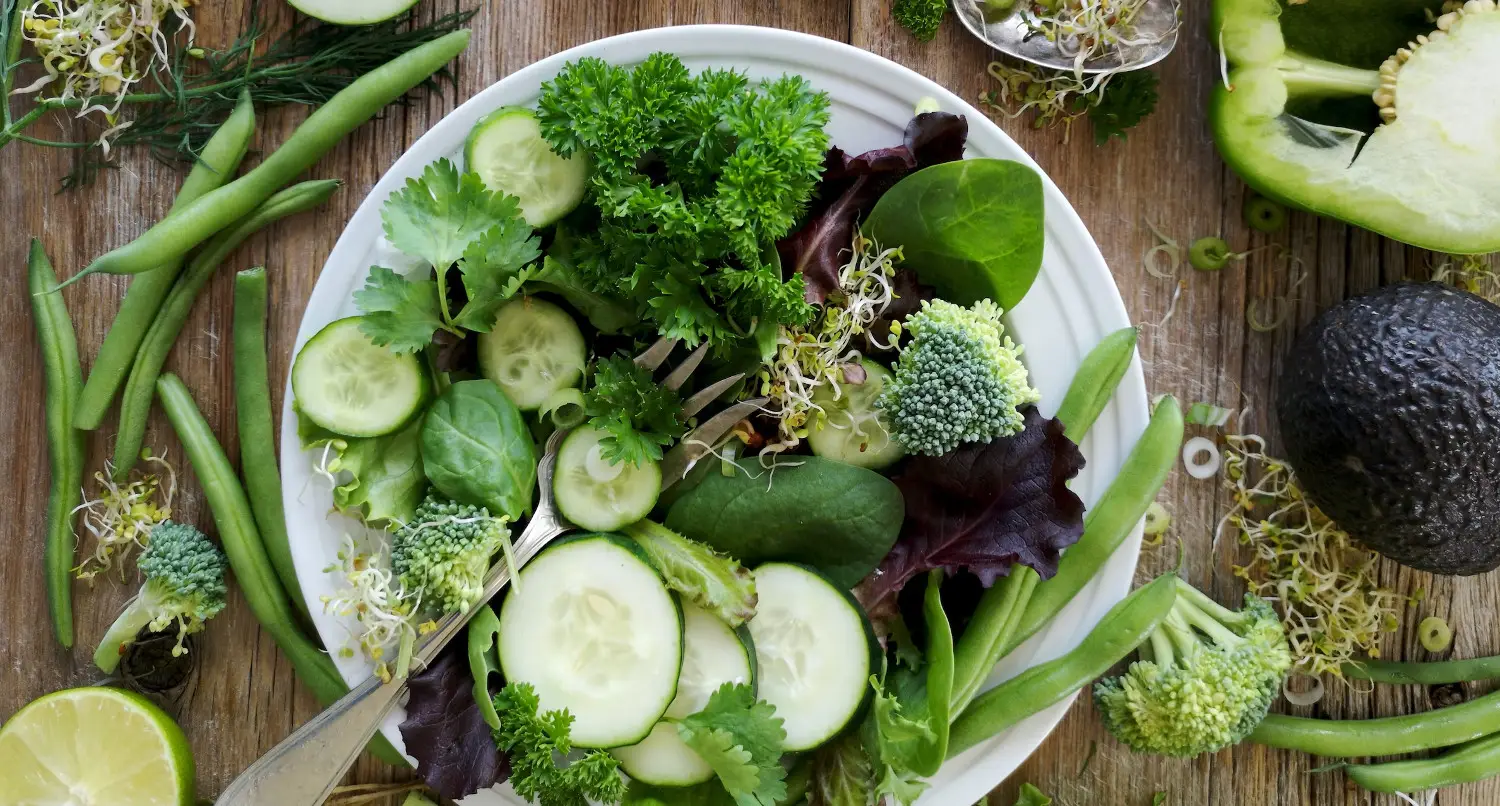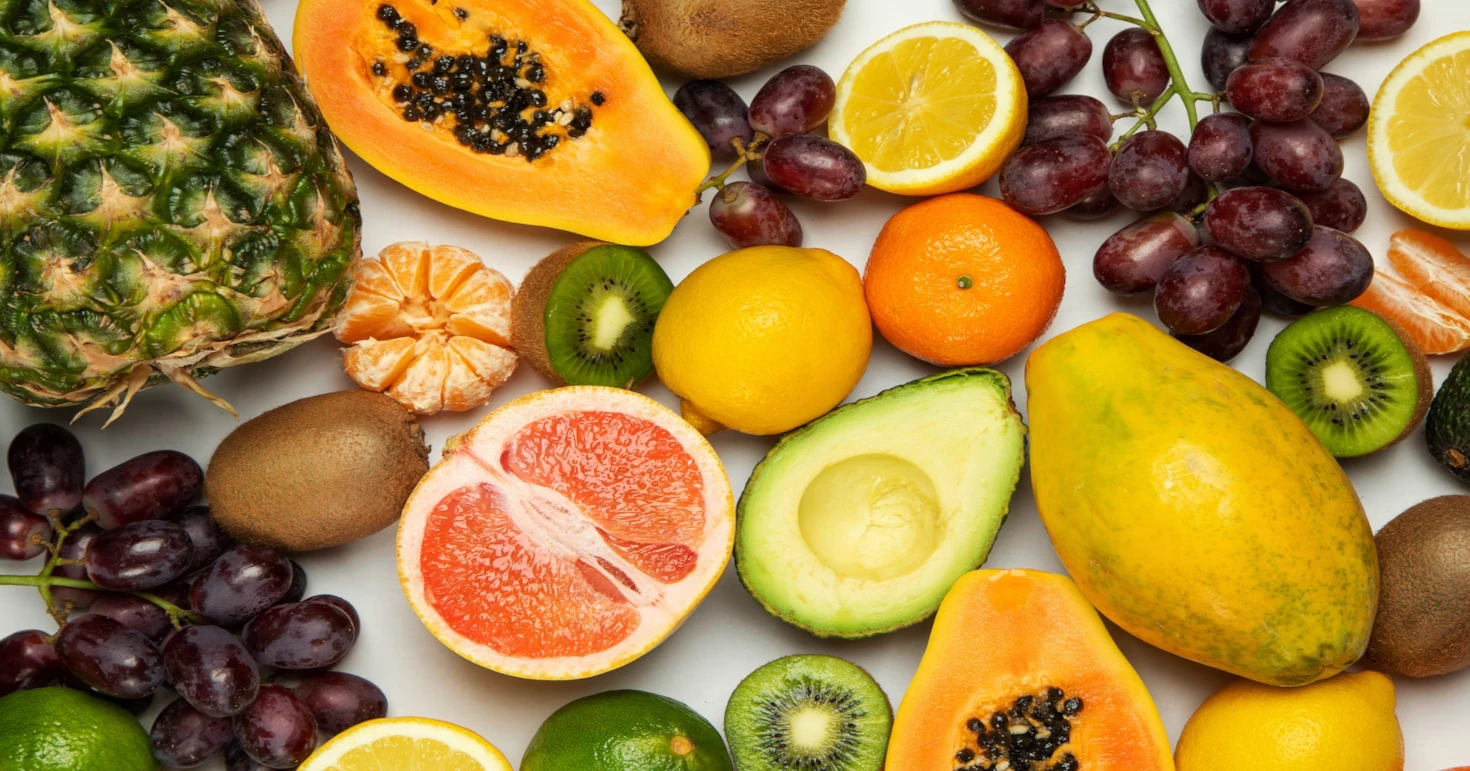Walnuts Lysine and Arginine Info Sheet
Overview
Walnuts are the edible nuts of the walnut tree, which belongs to the walnut family.They have a brown, wrinkled shell and a rich, nutty flavor.
Walnuts are high in healthy fats, especially omega-3 fatty acids, protein, fiber, antioxidants, vitamin E, manganese, copper, and magnesium.
They may help lower cholesterol, improve brain function, and prevent cancer.
They are also used in salads, desserts, and baked goods.
| Name | Lysine (mg/100g) | Arginine (mg/100g) | Ratio |
|---|---|---|---|
| Walnuts | 329mg | 1416mg | 0.232 |
Walnuts contains 329mg of Lysine and 1416mg of Arginine per 100g of product.
This means Walnuts has a low Lysine-Arginine ratio of 0.232.
Because Walnuts contains much higher levels of arginine than lysine, limiting its consumption is recommended by people who suffer from herpes, as it may trigger outbreaks.
Lysine Considerations
Walnuts are a good source of lysine, an essential amino acid that plays a role in collagen synthesis, wound healing, and immune function.
Lysine has the potential to prevent or treat cold sores, which are blisters caused by the HSV-1 virus, also known as herpes.
Lysine operates by inhibitnig the proliferation of HSV-1, which relies on another amino acid, arginine, to reproduce and infect cells.
Lysine can only be acquired through our diet, and is present in many high-protein foods such as eggs, dairy products, fish, meat and poultry.
Arginine Considerations
Walnuts are a high source of arginine, another essential amino acid that is involved in nitric oxide production, blood vessel dilation, and muscle growth.
Arginine can contribute to cold sore outbreaks, which are blisters caused by the HSV-1 virus, also known as herpes.
Arginine aids in the growth of HSV-1, which needs this particular amino acid to multiply and infect cells.
Arginine can be obtained through our diet, and is found in different high-protein foods such as nuts, seeds, and chocolate.
Regrettably, the herpes virus is known to "feed" on arginine, and a diet rich in arginine compared to lysine may increase the frequency and severity of cold sores and herpes outbreaks.
Lysine-Arginine Ratio
Walnuts have a low lysine-arginine ratio, which means they have more arginine than lysine.
This may be beneficial for people with high blood pressure, cardiovascular disease, or erectile dysfunction, but it may be harmful for people with herpes virus infections, as arginine can trigger or worsen outbreaks.
Both lysine and arginine are essential for protein synthesis and various other bodily functions.
They, however, have opposing effects on the herpes simplex virus, which causes cold sores and genital herpes.
Lysine can slow down the replication of the virus, whereas arginine can stimulate it.
Thus, a diet rich in foods with a high lysine to arginine ratio may help reduce the occurrence and severity of herpes flare-ups.
Foods that have a high lysine-arginine ratio include dairy products, fish, poultry, fruits, and vegetables.
These foods can provide the body with enough lysine to compete with arginine and inhibit the virus from replicating and causing flare ups.
Dietary Considerations
Nuts are generally high in arginine and somewhat low in lysine, which makes them unfavorable for people with herpes.
Arginine can stimulate the replication of the herpes virus, while lysine can inhibit it.
Nuts that have the highest arginine to lysine ratio include peanuts, almonds, walnuts, and hazelnuts.
These nuts should be avoided or consumed in moderation by people with herpes.

For instance:
Eating a balanced and nutritious diet that supports your immune system and reduces inflammation.
This means consuming plenty of fruits, vegetables, whole grains, lean protein, and healthy fats, and avoiding processed foods, added sugars, alcohol, and caffeine.
You may want to take l-lysine supplements.
L-lysine is known to prevent herpes outbreaks and it can help stop a cold sore in its initial stages by "starving" the virus of arginine before it has a chance to cause a cold sore.
Taking other food supplements that can improve your immunity and protect your cells from oxidative stress, such as vitamin C, zinc, selenium, and antioxidants.
Check more food information






